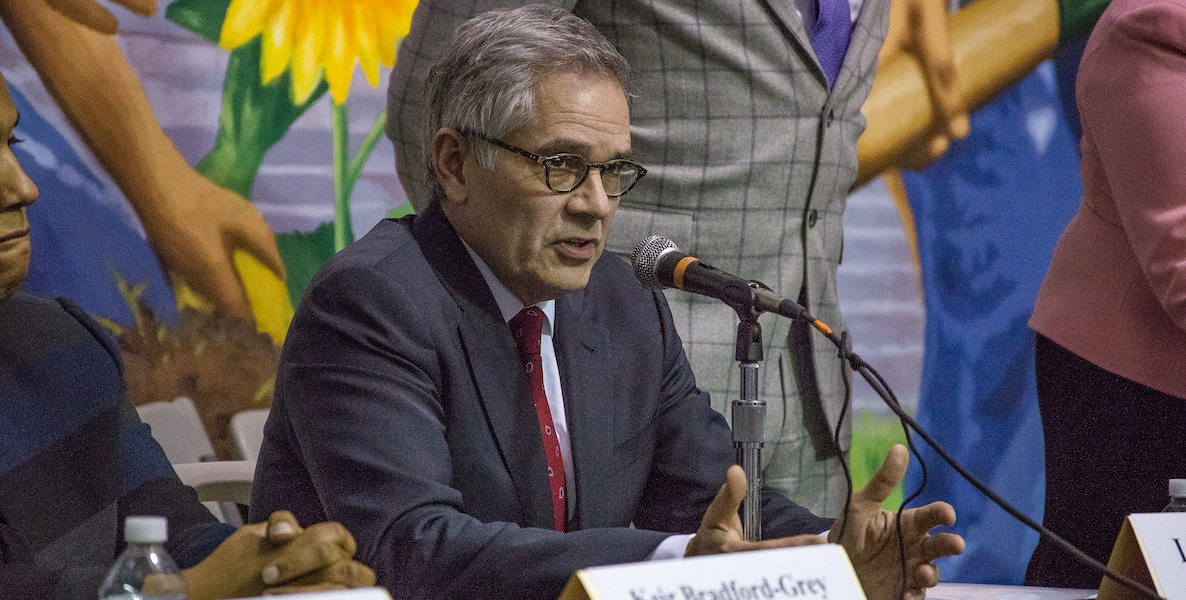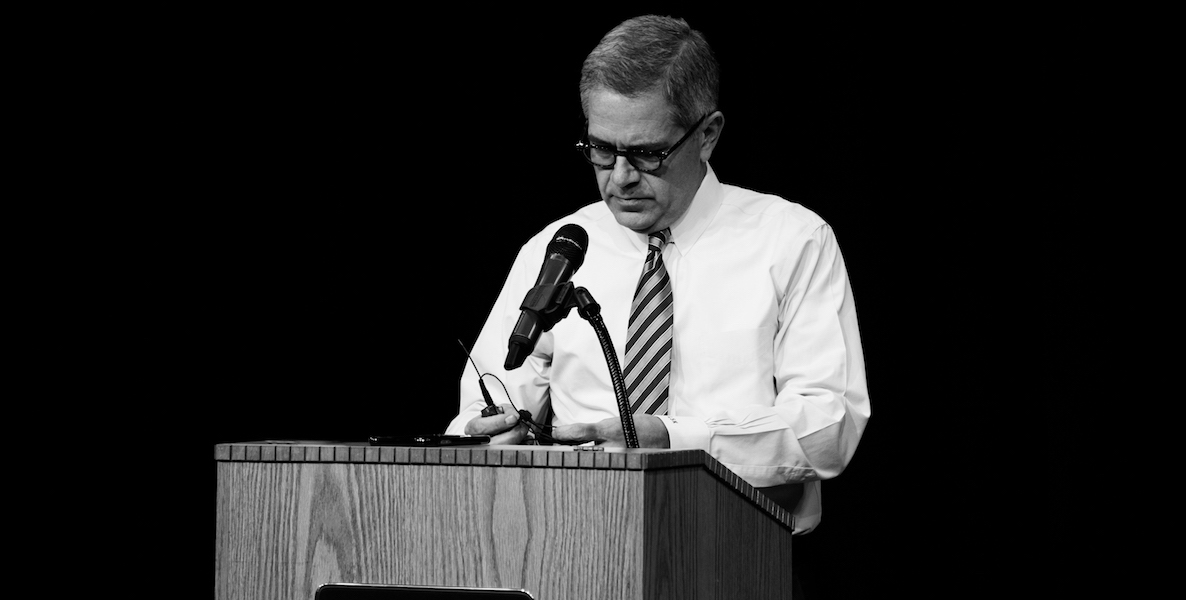An “unwarranted conviction.”
That is how Meek Mill described his conviction for carrying a gun and selling drugs on the streets of Philadelphia. Earlier the Philadelphia District Attorney had agreed with Mill in a court filing:
“There is a strong showing of likelihood of [Mill’s] conviction being reversed.”
So, Mill got on a billionaire’s helicopter and celebrated his liberty by ringing the ![]() 76ers Liberty Bell while his lawyers and supporters lamented that he ever spent a day in jail and accused, yet again, the judge who convicted him of having a “personal vendetta.” And “justice rolls down like water and righteousness like a mighty stream.” Right? Wrong.
76ers Liberty Bell while his lawyers and supporters lamented that he ever spent a day in jail and accused, yet again, the judge who convicted him of having a “personal vendetta.” And “justice rolls down like water and righteousness like a mighty stream.” Right? Wrong.
As Mill says in one of his more puritan lyrics: “If sh*# stink then I really think I must have stepped in a pile of it Bullsh*#, I done walked a mile of it.”
Phony claims of injustice like Mill’s hurt the actually innocent and the truly rehabilitated. They render cries of injustice hollow and harden the attitudes of those who believe such claims are part of an illegitimate agenda.
Let’s start with the so-called “vendetta.” Here is what Mill told the Judge on February 5th, 2016, the fourth time he had violated his probation:
“I want to say thank you all for giving your time, sorry for wasting time on me being in this position for the fourth time, Ms. Underwood, Ms. DeSantis, (the probation officer and prosecutor) we kind of formed a better relationship than we’ve ever had being able to provide—for having me to be able to provide for my family, provide for my son, to expand in life, and take things to different levels.
“No matter what your decision is never look at you, like, in a bad way, because you gave me a chance to take care of my family and my mom.”
![]() The Judge let him go home that day and continue to “expand in life” but not until after Mill made clear how he felt about her, the process, and his own guilt. According to Mill, the judge saved his career and his life:
The Judge let him go home that day and continue to “expand in life” but not until after Mill made clear how he felt about her, the process, and his own guilt. According to Mill, the judge saved his career and his life:
“If you were to sentence me to prison, state prison—the other three times that I came in front of you, I wouldn’t have been as successful as I am now.
“If you ain’t send me to jail [referring to his previous 6 month stint in prison for probation violations], I probably would be dead. I was hanging in the streets once again.”
Mill also claimed the judge was brought into his life by God:
“Because I believe in God and I believe that God gives me signals powerful men and women in my life. Something need to change that Kenny Campbell, Charlie, Dyana Williams, yourself, Judge Moore, the PO,the DA that are involved in my life was just my coincidence.”
His devotion to the judge and his desire to succeed out of respect for her brought ![]() him to tears:
him to tears:
JUDGE: “Did you want to say anything else to me?”
THE DEFENDANT: “I just want to say thank you for everything you did for me, and in my life do, I always look at you and be well, no matter if I see you in the newspaper, or the hearing, I always can feel a way about you. And I am not willing to embarrass you. No matter what you I know what you did for my life. I am willing to be a shining star. With which I have been fighting to be from Philadelphia. Days, being around a bunch of criminals, people that is not good people, I never want to be around every day I got to watch for people to come outside.
I do it out of respect for you.” (Defendant crying.)
That is some vendetta.
How about the “unwarranted conviction”? Mill was convicted of selling drugs and carrying a gun illegally. Here is what he had to say to the Judge in February, 2016:
“Ever since, when I talk to the kids, I always tell them that I got sent to prison to make a decision front of you, I was a drug dealer, carried a gun every day street every day doing non-positive things.”
“My first positive, I want to always acknowledge I was a criminal before this. My mom, nobody could change my mind.”
Finally there is the punishment: Two years in state prison. Was that a surprise to Mill? Did he have the kind of notice of the penalty that justice requires? Here is what the judge told him about the consequences of a future violation in February, 2016 before letting him go home:
“You’re facing a possible state sentence.”
Mill, of course, violated his probation again by getting arrested and, as promised, he was sentenced to state prison.
Mill promised the judge many times that he would dedicate his life to good works and helping young people find a positive path. He now promises the world he will work to end injustice in the system. He can start by telling his lawyers and friends to stop maligning the judge who gave him so many chances.
Our prisons are populated by some inmates who are innocent and others who have transformed themselves so completely that they should be free. Phony claims of injustice like Mill’s hurt the actually innocent and the truly rehabilitated. They render cries of injustice hollow and harden the attitudes of those who believe such claims are part of an illegitimate agenda.
Mill promised the judge many times that he would dedicate his life to good works and helping young people find a positive path. He now promises the world he will work to end injustice in the system. He can start by telling his lawyers and friends to stop maligning the judge who gave him so many chances. Then he should ask his many powerful friends to do something about real injustices like our state’s unforgiving Life Without Parole statute. Then, and only then, will he have earned people’s respect.
Bryan R. Lentz is a former prosecutor and state legislator. He currently works as a private lawyer in Philadelphia at the law firm of Bochetto and Lentz. This piece originally ran on smerconish.com.
Header: The 76ers, via Twitter.






